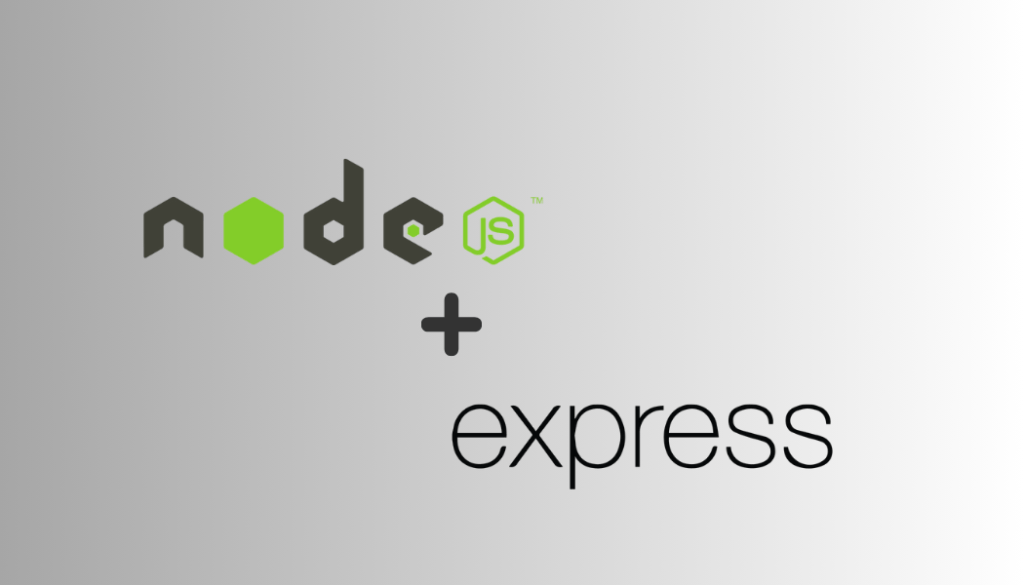A Collaborative duo for building efficient web applications that enhance UX
When you’re diving into backend development, especially within the JavaScript ecosystem, Node.js and Express.js are two technologies you’ll encounter frequently. However, rather than being alternatives, they are designed to work together, each bringing something essential to the table.
Node.js provides the runtime environment that allows JavaScript to run on the server side, while Express.js is a framework that simplifies and organizes the development process. Let’s explore how these two technologies complement each other and why they make such a powerful combination.
What Is Node.js?
Node.js is an open-source, cross-platform runtime environment built on Chrome’s V8 JavaScript engine, which is known for its speed and efficiency. The V8 engine compiles JavaScript directly to native machine code, which allows Node.js to execute JavaScript on the server side with impressive speed.
One of Node.js’s standout features is its non-blocking, event-driven architecture, which makes it particularly effective for handling numerous simultaneous connections. This architecture makes Node.js an excellent choice for developing real-time applications, such as chat applications, online gaming platforms, and other services that require high performance and scalability.
What is Express.js?
While Node.js provides the underlying runtime environment, Express.js is the framework that helps you build applications more efficiently on top of it. Express.js simplifies the development process by offering a set of tools and features that streamline tasks such as routing, request handling, and middleware integration.
Express.js leverages the power of Node.js and enhances it by providing a structured approach to building web applications and APIs. It allows developers to define routes, handle HTTP requests, and manage responses in a way that is both organized and scalable.
👋 Learn how to contract JS developers from Latin America
Node.js and Express.js: A Collaborative Duo
Rather than viewing Node.js and Express.js as competing technologies, it’s more accurate to see them as complementary. Node.js lays the foundation by enabling server-side JavaScript execution, powered by the V8 engine. Express.js builds on this foundation by adding layers of functionality that make development faster, more organized, and less prone to errors.
For example, with Node.js alone, you would need to write extensive code to manage routing, request processing, and response handling. Express.js abstracts much of this complexity by providing built-in methods and middleware, allowing you to focus more on building the features that make your application unique.
When and Why to Use Node.js and Express.js Together
Most developers choose to use Node.js and Express.js together because they work so well in tandem:
Node.js: Use Node.js for its high performance, especially in real-time, data-intensive applications that require handling many simultaneous connections. Its foundation on the V8 engine ensures that JavaScript runs quickly and efficiently on the server side.
Express.js: Use Express.js to simplify the development process with its built-in routing and middleware support. It allows you to build robust applications quickly without needing to manage all the server-side details manually.
Summing it Up
Node.js and Express.js are powerful tools that, when used together, can help you build efficient, scalable web applications. Node.js and Express.js are not about choosing one over the other—they are about using them together to leverage the best of both worlds.
Node.js, with its V8 engine, provides the power and speed to execute JavaScript on the server, while Express.js adds the organization and efficiency needed to build scalable, maintainable web applications. Together, they form a powerful duo that can handle the demands of modern web development, making them essential tools for developers working in the JavaScript ecosystem.
Ready to Build Scalable, High-Performance Applications?
At Curotec, we specialize in leveraging the power of Node.js and Express.js to create robust, scalable web applications that meet your business needs. Whether you’re developing a real-time application, an API, or a complete backend solution, our team of experts is here to help you every step of the way.
Contact us today to learn how we can bring your vision to life with cutting-edge web technologies!









